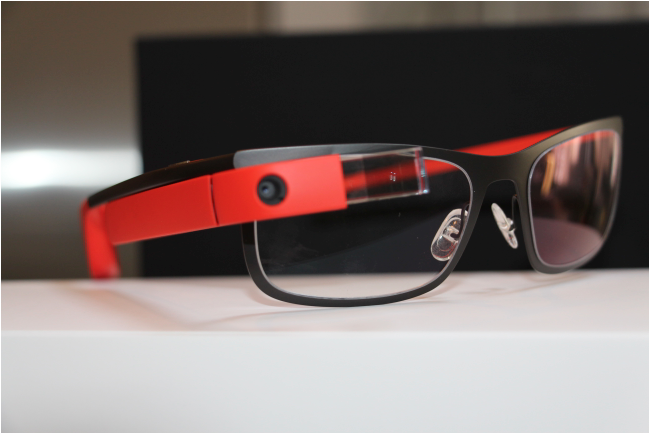
Google’s Explorers program for Google Glass is an uncommon approach in the development of mobile hardware, let alone a whole new product category. The 11 months of early prototype access afforded to Glass Explorers has certainly provided Google with the feedback required to hone its nascent wearables experience, but it also means that the company has ceded control of product positioning to “Glassholes”, threats of violence from surly bar patrons, and Robert Scoble.
Knowing that poor public perception can kill a product before its even released, the Google Glass team has taken to Google Plus in an attempt to dispel some of the “myths” surrounding the product. But while TV’s MythBusters team approaches its task with good humour and epic facial hair, the Glass team sounds defensive and, frankly, a little exasperated from the negative PR.
Check out these two myths and Google’s responses.
Myth 6: Glass covers your eye(s)
“I can’t imagine having a screen over one eye…” one expert said in a recent article. Before jumping to conclusions about Glass, have you actually tried it? The Glass screen is deliberately above the right eye, not in front or over it. It was designed this way because we understand the importance of making eye contact and looking up and engaging with the world, rather than down at your phone.
Myth 7 – Glass is the perfect surveillance device
If a company sought to design a secret spy device, they could do a better job than Glass! Let’s be honest: if someone wants to secretly record you, there are much, much better cameras out there than one you wear conspicuously on your face and that lights up every time you give a voice command, or press a button.
It’s telling that 5 out of the 10 myths ‘busted’ by the Glass team relate to privacy concerns, but refuting concerns by saying ‘there are better surveillance options available’ or comparing them to unfounded fears that gators roam the sewers of large cities (which they do at the beginning of the post) is perhaps not the best approach. Google’s I/O conference, only three months away, seems like a much better venue to address public concerns and perhaps even demonstrate why they’re not true. Heck, Google should get Adam Savage and Jamie Hyneman up on stage to do the presentation for them. It’s clear that the Glass team is frustrated by the need to defend a product before it is finished, but snippy social media posts pave the road to madness.
[source]Google+[/source]
MobileSyrup may earn a commission from purchases made via our links, which helps fund the journalism we provide free on our website. These links do not influence our editorial content. Support us here.


